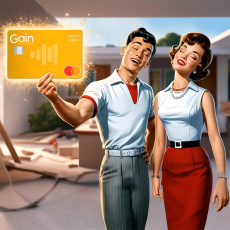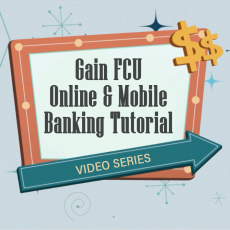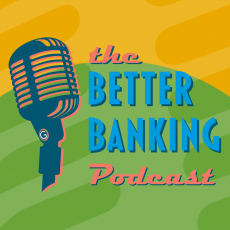
By Jean Chatzky, Savvy Money
Many of us could have never predicted the economic hardships a global health pandemic such as COVID-19 would have on the United States and people around the world. In America, millions have lost their jobs or had hours greatly reduced, wreaking havoc on their finances and stress levels.
While more help is on the way (or perhaps has already arrived) in the form of a second stimulus payment, it won’t fix everything. If you are among those who have struggled to pay bills or used credit cards to make ends meet amid the coronavirus pandemic, here’s a guide to help launch your financial recovery.
If your household lost income
If you haven’t already, now is the time to create a priority spending plan and contact each of your creditors and service providers to see what they can do to help improve your bottom line, says Thomas Nitzsche, a financial educator with Money Management International.
“For many,” he says, “this likely means temporarily suspending or changing services – and no expense should go unexamined. Communication is key, both within your household and with your creditors.”
Consider finding a credit counselor. You could find one offered by a nonprofit, your local bank, or credit union, and they can help you establish a new budget, help find ways to reduce expenses and offer suggestions you haven’t considered.
It’s vital for those who are impacted to make sure they are taking advantage of all the benefits they are entitled to. For example, Nitzsche says, most of his clients have not recently shopped for insurance, and those with medical bills are often not aware of financial aid.
If you used credit cards and racked up high-interest rate debt
If the next stimulus payment and renewed jobless benefits help you get back on track, great. Once you’ve reached a point where you are no longer relying on credit cards to supplement income, Nitzsche says, it’s important to stop over-using them and look for ways to reduce interest rates to speed up repayment. This is especially true if you are struggling to make more than the minimum payments.
For many, damage to your credit score could prevent obtaining a consolidation loan with a competitive rate, but a “hardship plan” with your creditors, or a nonprofit credit counseling agency, can help reduce interest rates into the single digits.
If you missed one or more credit card payments
A large part of your credit score is based on payment history. Once you reach 30 or more days past due and the late payment is reported to the credit bureau, your credit score could drop. Some creditors wait until 60 or 90 days to report missed payments.
The best and the first thing you should do is make the minimum payment. Next, you should call your credit card issuer and talk to them politely about your mistake. Ask them to work with you to eliminate any fees or see what you can do to get back on track.
Moving forward, set up an automatic payment option for the minimum payment if you can, so you won’t miss the next month.
Sign up for a credit monitoring service
When you sign up for a credit monitoring service, you are able to keep tabs on your credit score and report. Understanding the factors that influence your credit score can help you get back on track in the new year.
You will be notified of major changes to your report, so a credit monitoring service can also be one of the best ways to be alerted about fraud. Additionally, signing up for this free service through your bank or credit union and using a service like SavvyMoney will help you see what interest rates you are paying. You may even be able to save money on your monthly payment by refinancing a loan to get a lower interest rate.
Making a plan for the new year should include an evaluation of where you stand now, and a plan for keeping an eye on your eye on your credit score, credit report, and interest rates in the future through a credit monitoring service.
With reporting by Casandra Andrews





